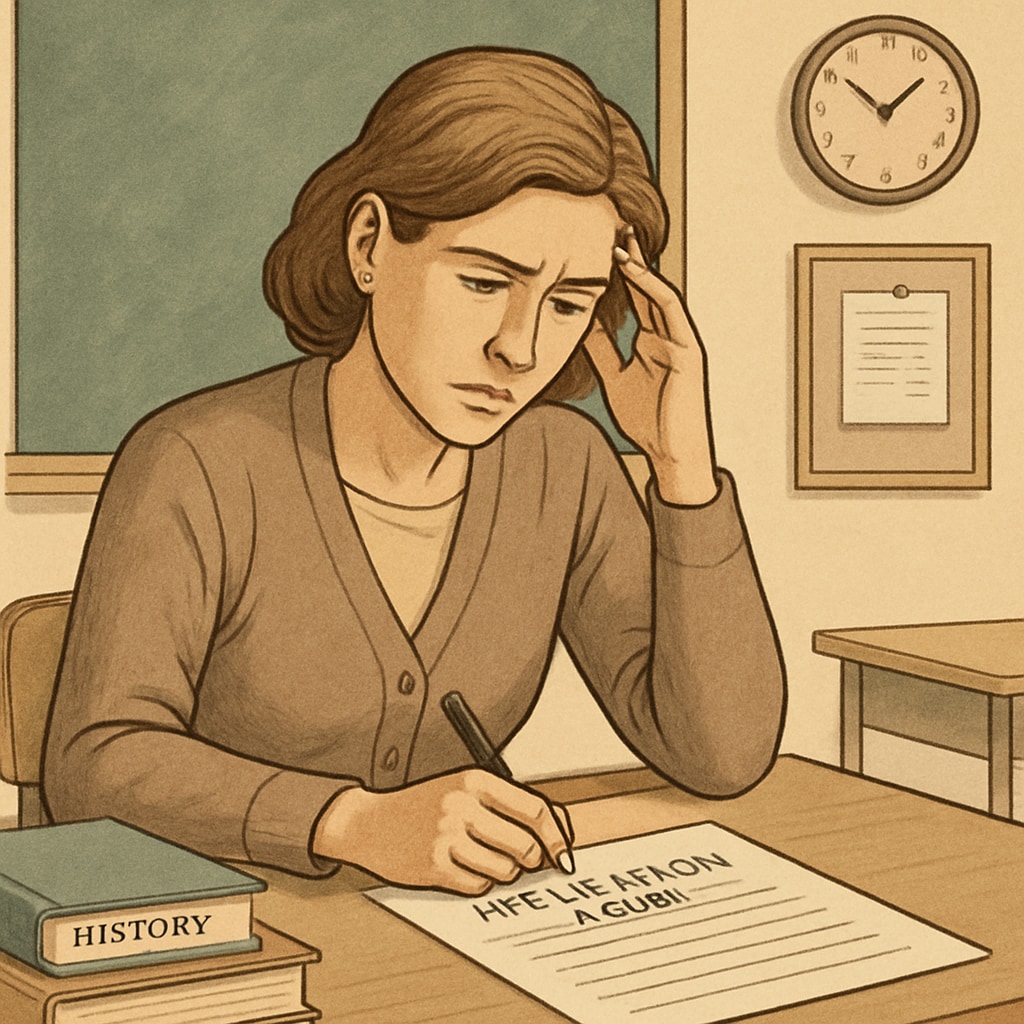The introduction of political bias tests into teacher applications in Oklahoma has ignited widespread debate over its implications for education. By requiring out-of-state teacher applicants to undergo ideological screening, the state has ventured into controversial territory that intertwines education and politics. This article explores the potential consequences of this practice on fairness, academic freedom, and the promotion of diverse perspectives in classrooms.

The Intersection of Politics and Teacher Hiring
Oklahoma’s recent decision to implement ideological tests as part of its teacher hiring process has raised alarms among educators and policymakers. The move reportedly aims to ensure that teachers align with certain values deemed important by the state. However, critics argue that such practices impose unnecessary barriers for qualified educators and compromise the neutrality of educational institutions.
For example, a teacher from another state who excels in their subject area may now face rejection solely due to their political views. This raises important questions about the role of personal beliefs in determining professional competence. According to experts, introducing such criteria risks discouraging talented individuals from applying, thereby exacerbating teacher shortages.
Implications for Academic Freedom and Diversity
Academic freedom and the encouragement of diverse viewpoints are cornerstones of a healthy education system. However, Oklahoma’s ideological screening practice threatens to undermine both. By favoring specific political perspectives, the state risks creating a homogenized educational environment that stifles critical thinking.
Several studies emphasize the importance of exposing students to a range of perspectives. For example, a report from Britannica on academic freedom highlights how diverse viewpoints prepare students for civic engagement and global understanding. By contrast, ideological filtering could lead to classrooms where controversial yet necessary discussions are avoided—a disservice to students’ intellectual growth.

Legal and Ethical Concerns
The legal framework surrounding ideological screening in teacher hiring remains murky. Critics argue that such practices may violate constitutional protections, including the First Amendment, which guarantees freedom of thought and expression. Furthermore, ethical concerns abound. Is it justifiable to judge a teacher’s ability to educate based on their personal beliefs?
Legal experts point to past cases where similar practices were challenged. For instance, in cases involving academic freedom, courts have often ruled in favor of maintaining educators’ rights to free expression. As Oklahoma faces potential lawsuits, the financial and reputational costs could be significant.
What This Means for the Future of Education
Oklahoma’s decision may set a precedent for other states, with long-term implications for the U.S. education system. If ideological tests become commonplace, they could lead to a fragmented educational landscape where hiring standards vary dramatically based on political leanings.
To counter these risks, policymakers and educators must advocate for hiring practices that prioritize professional qualifications over personal beliefs. Transparency and inclusivity should guide the development of any new regulations, ensuring that education remains a neutral space for learning and growth.
In conclusion, while the intent behind Oklahoma’s ideological screening may be to uphold certain values, the practice raises critical concerns about fairness, academic freedom, and the role of diverse perspectives in education. A balanced, inclusive approach is essential to safeguarding the integrity of the teaching profession and the broader educational system.
Readability guidance: This article uses short paragraphs, clear transitions, and examples to enhance readability. Lists and external links are included to provide depth and context.


